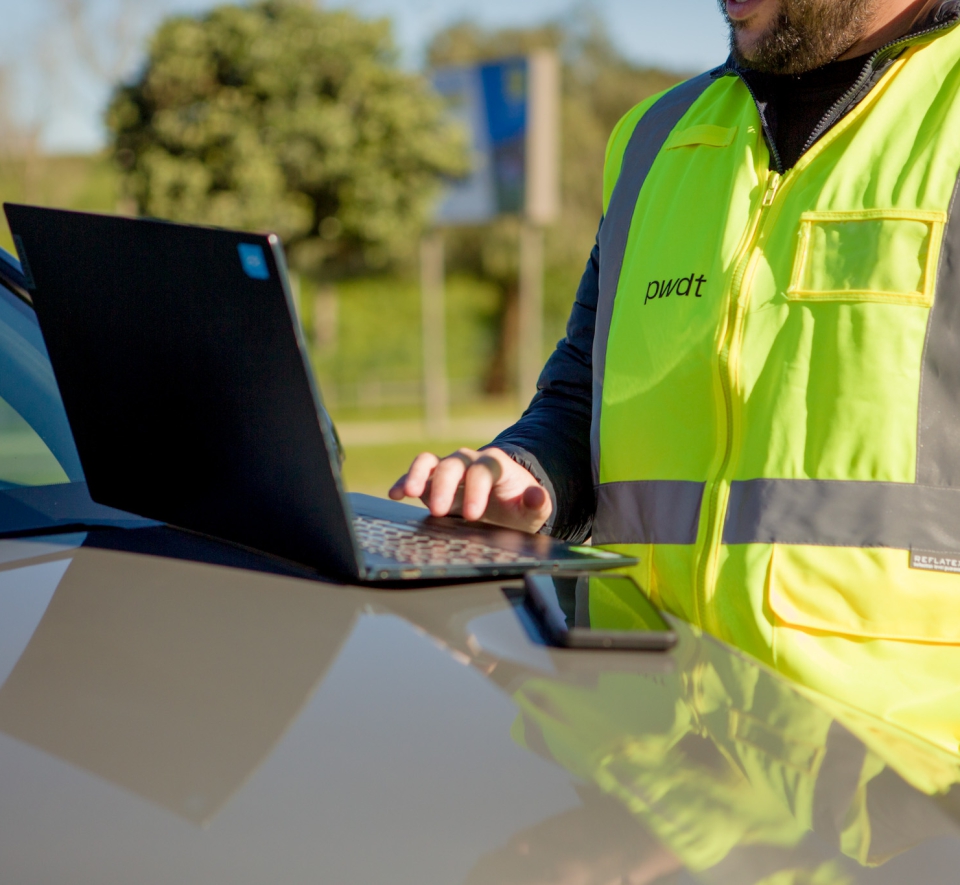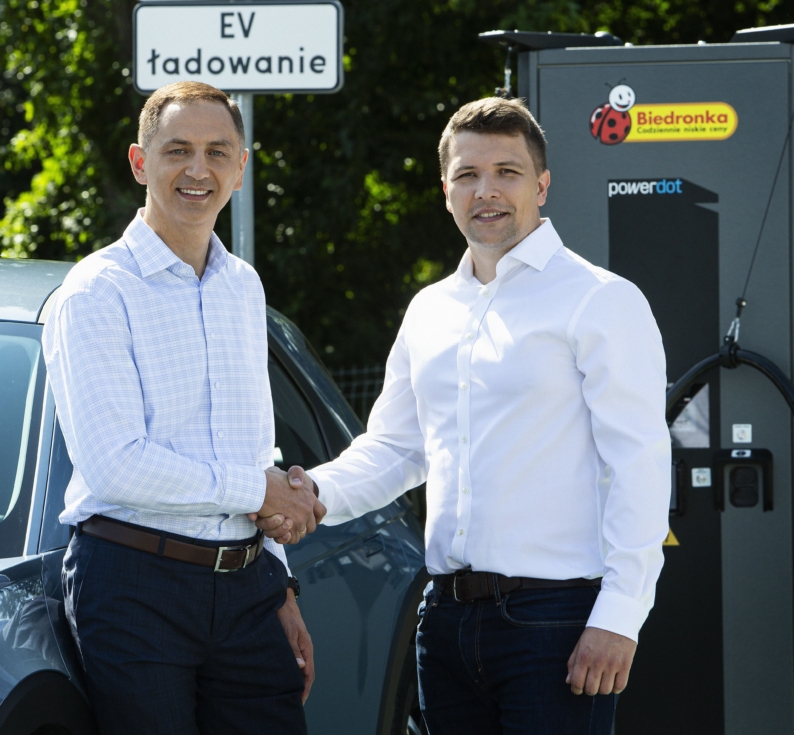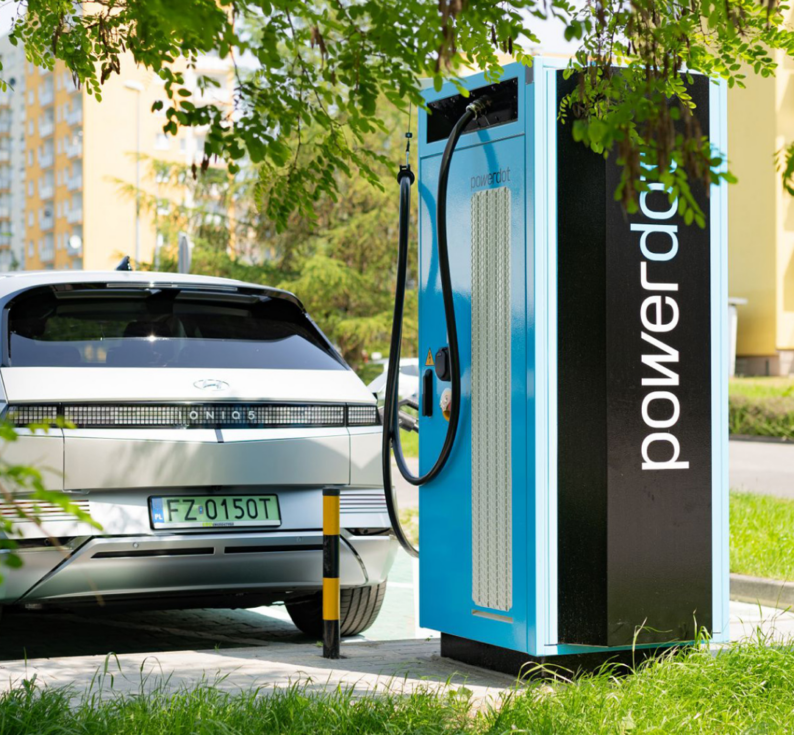As the popularity of electric vehicles continues to grow, more and more businesses are considering installing EV charging stations at their locations. While this can be a great way to attract EV owners and support the transition to a cleaner, more sustainable transportation system, it also comes with several challenges. In particular, operating and maintaining an EV charging station without a charging point operator (CPO) can be difficult and costly.
Learn more about the CPO’s role in ensuring the smooth operation and maintenance of EV charging stations, managing user payments and billing, providing customer support, and also complying with regulatory requirements.
The Vital Role of a Charging Point Operator in Electric Vehicle Charging
A Charging Point Operator (CPO) is a company that owns and manages the charging infrastructure for electric vehicles (EVs). This includes the physical charging stations as well as the software and networks that connect them. CPOs play a critical role in the adoption of EVs by ensuring that drivers have access to reliable and convenient options to charge their vehicles while on the go: in other words, they foster the concept of Destination Charging. They are also responsible for installing, maintaining, and upgrading charging stations, as well as managing the billing and payment systems that enable drivers to use them.
CPOs can operate in a variety of business models, ranging from for-profit companies and public utilities. The EV chargers are becoming more and more part of the retail experience, and by partnering with a reliable CPO, businesses can alleviate the challenges associated with operating and maintaining their charging stations, allowing them to focus on their core operations while providing a valuable service to the growing community of electric vehicle users.
Challenges of operating an EV charging station without a CPO
Operating an EV charging station without a CPO is not impossible. With the right expertise and knowledge, businesses can successfully install and operate their own EV charging stations. However, this may require a significant investment in time, resources, and expertise – which may not be feasible for all businesses. We went deeper and listed the 4 main challenges of operations without a Charging Point Operator below:
1. Lack of Expertise
One of the main challenges of operating an EV charging station without a CPO is the lack of expertise and knowledge. CPOs are typically experienced and knowledgeable when it comes to EV charging and regulatory requirements and can provide valuable support and guidance to businesses that are looking to install charging stations. Without a CPO, businesses may struggle to understand the technical aspects of EV charging, and may not have the expertise needed to properly install and maintain their charging stations. CPOs’ activity is generally regulated by relevant public supervision authorities.
2. Installation and Operational Costs
There are installation and ongoing operational costs associated with EV charging stations. The main expenses are listed below:
- Equipment Costs: The upfront cost of purchasing the charging infrastructure, including charging stations, transformers, connectors, cables, and other necessary equipment.
- Grid connection cost: if your charging station delivers high power (which would be the case if you want to enable customers to charge whilst they do their shopping), you will most likely need an independent grid connection.
- Installation Costs: Expenses related to the installation of charging stations, such as electrical work, permitting, and site preparation.
- Electricity Expenses: The cost of electricity consumed by the charging stations, which can vary depending on the local utility rates, the charging speed, and the number of charging sessions.
- Network Connectivity: If the charging stations require a network connection for monitoring, billing, or user authentication, there may be costs associated with setting up and maintaining a reliable internet connection.
- Customer Support: Allocating resources for customer inquiries, troubleshooting, and assisting EV owners who use the charging stations.
- Payment Processing: If the charging stations accept payments, there may be costs associated with payment processing services or acquiring a payment terminal.
- Interoperability: if you want to enable users with all types of applications and badges, you will need to have a fully interoperable system with seamless integrations.
3. Maintenance Costs
Another challenge of operating an EV charging station without a CPO is the cost of maintenance and repair. EV charging stations require regular maintenance and servicing, and any repairs can be costly. Without the support of a CPO, businesses may have to bear these costs on their own, which can be a significant burden. This can make it difficult for businesses to justify the investment in EV charging stations, especially if they are not able to recoup their costs through charging fees or other revenue streams.
4. Lack of standardisation
Another challenge of operating an EV charging station without a CPO is the lack of standardisation. While there are some different EV charging networks and standards, there is currently no universal standard for EV charging. This can make it difficult for EV owners to know which charging stations they can use and can create confusion and frustration. Without the support of a CPO, businesses may struggle to navigate the various charging networks and standards, and may not be able to offer EV owners the charging options that they need.
Conclusion
Operating an EV charging station without a Charging Point Operator can be challenging and costly. Without the support and expertise of a CPO, businesses may struggle to understand the technical aspects of EV charging and may have to bear the costs of maintenance and repair on their own. This can make it difficult for businesses to justify the investment in EV charging stations and may limit the availability of charging options for EV owners. While operating an EV charging station without a CPO is not impossible, as we mentioned before, it is important for businesses to carefully consider the challenges and costs involved before deciding to do so.
Powerdot is a Charging Point Operator present in Portugal, Spain, France, Belgium, Luxembourg and Poland with more than 2,700 operational charging points, and 7.000 more under installation. Offering a 100% turnkey solution, Powerdot invests, instals, operates and maintains the charging stations requiring zero investment from business. You can request a contact here to understand how the partnership works and how installing charging stations can take the most of your car parking.










